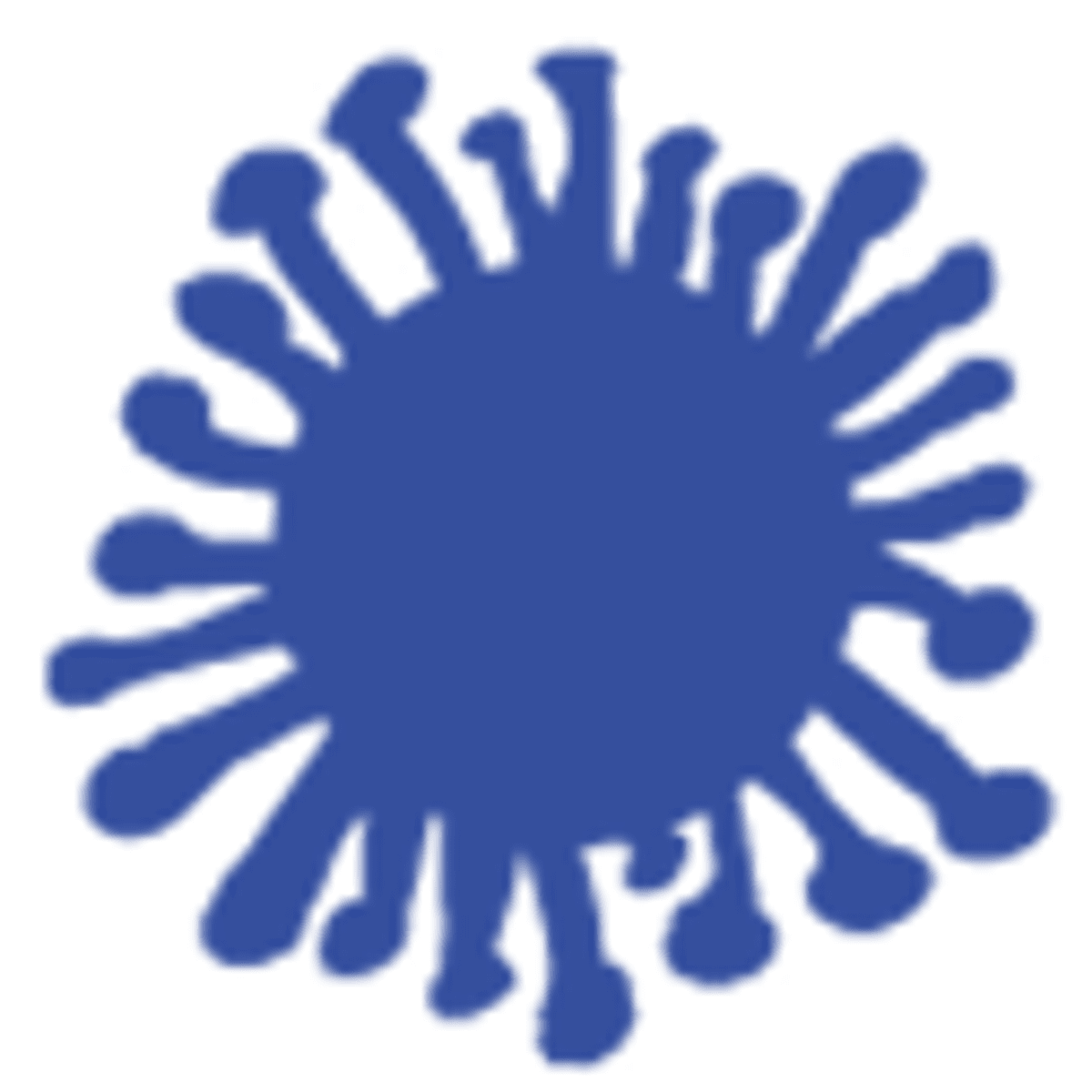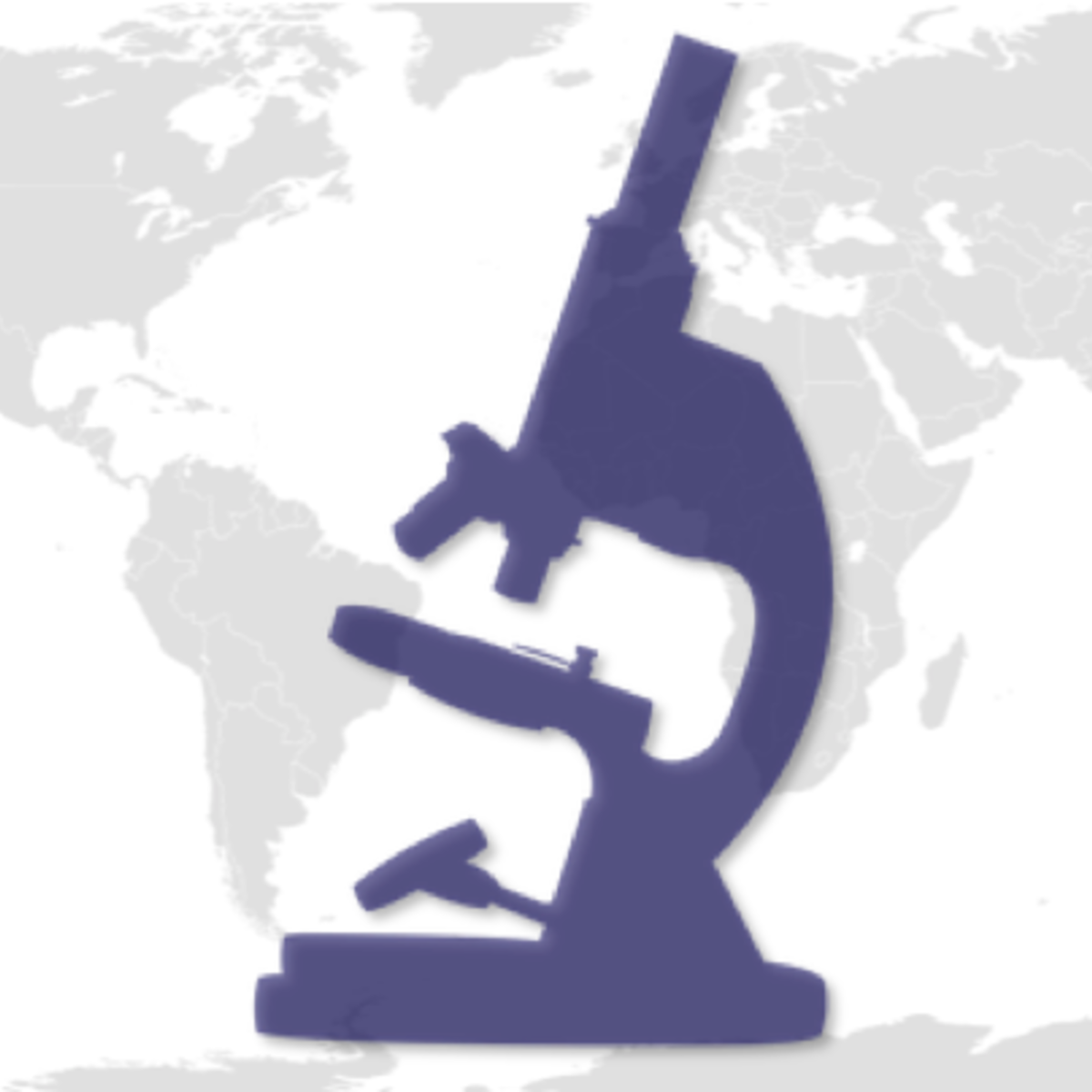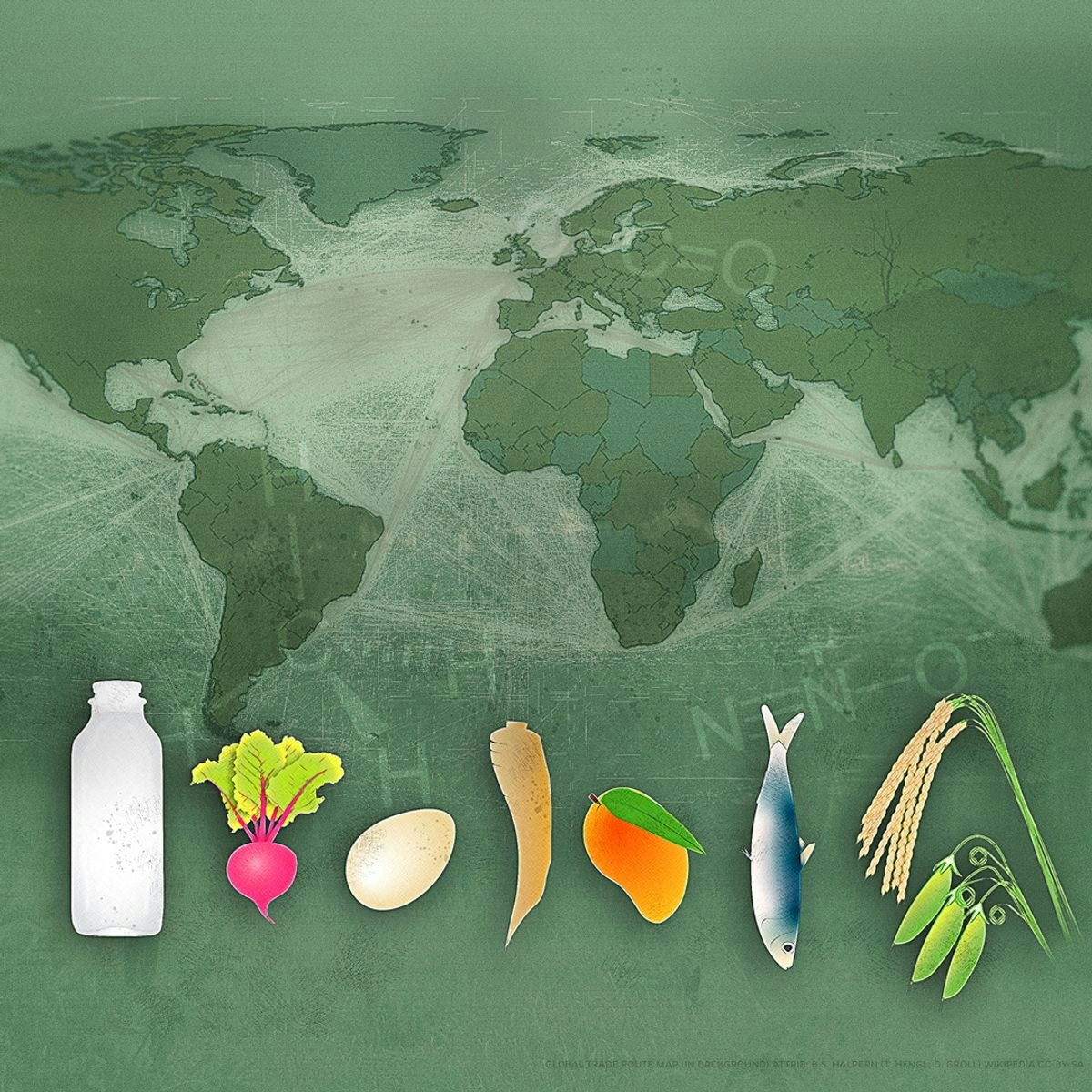Back to Courses









Public Health Courses - Page 5
Showing results 41-50 of 196

Lecture Series for Preventing and Controlling COVID-19
In December 2019, a cluster of patients with pneumonia of unknown cause appeared in Wuhan, Hubei. Governments at all levels and Department of Health Administration highly valued and rapidly organized the centers for Disease Control and Prevention (CDC), medical institutions, and scientific research academies to conduct a survey, rescue, and collaborative research. This new antigen was quickly identified as a novel coronavirus, named as 2019-nCoV by World Health Organization (WHO). Meanwhile, the pneumonia caused by it was named as novel coronavirus pneumonia. Implementing the decisions by the CPC Central Committee and State Council with Xi at the core, the whole country took comprehensive actions in social mobilization and deployment, taking epidemic control a most important work in the immediate future. The spread of the epidemic has been effectively controlled. However, novel coronavirus has spread to the whole world thereafter, so it called for closer international cooperation in epidemic prevention and control. Based on this situation, it was urgent to set a new MOOC program about COVID-19 and impart scientific knowledge of the disease to foreign students, undergraduate students, and all the other common people abroad, laying a solid foundation for the triumph of the war against COVID-19.
The novel coronavirus is a new strain of coronavirus that had never been found in humans before. This huge family already known can cause cold or Middle East Respiratory Syndrome (MERS), Severe Acute Respiratory Syndrome (SARS) and other severe diseases. The main signs and symptoms of the infected people include respiratory symptoms, fever, dry cough, shortness of breath, and dyspnea, etc. In severe and critical cases, there will appear pneumonia, severe acute respiratory syndrome, kidney failure, and even death. The two-month war against COVID-19 has helped us accumulate loads of experience in disease prevention, control, diagnosis, and treatment, which can be shared with the whole world as a reference.
In front of the need of our students and common people on COVID-19 prevention knowledge, the Health Science Center of Xi’an Jiaotong University has organized related experts to issue the English lectures of the epidemic prevention and control for people at home and abroad and international community. The contents are mainly about “Introduction,Diagnose,therapeutic Strategy and Prevention for COVID-19”. Through this course, we sincerely hope all our students and the common peoples of the world have scientific knowledge of COVID-19 and increased self-protection awareness, improving international community’s capacity for the prevention and control of COVID-19. We should work in great unity, take science-based and targeted measures against the epidemic, and have confidence in conquering the virus.

One Health: Pandemic preparedness, prevention, and response
This course was developed by the Karolinska Institutet (KI) and the Federation of the European Academies of Medicine (FEAM) as part of the research project 'Pan-European Response to the Impacts of the COVID-19 and future Pandemics and Epidemics' (PERISCOPE). Funded by the European Commission Research Funding programme Horizon 2020 under the Grant Agreement number 101016233, PERISCOPE investigates the broad socio-economic and behavioural impacts of the COVID-19 pandemic, to make Europe more resilient and prepared for future large-scale risks.
This course is primarily aimed at highly specialised technical professional groups (healthcare authorities, policymakers, researchers and other academics) interested in learning more about the One Health approach. The modules are for participants who are likely to have previous knowledge about the concept in one specific area or pillar but not necessarily in all of them.
The course will provide basic knowledge and contextualisation of One Health in creeping crises, such as the COVID-19 pandemic. Attending the course, participants will identify enablers, limitations, barriers, and next steps in and to the One Health concept and operationalisation.
PERISCOPE website: https://www.periscopeproject.eu/
KI website: https://ki.se/en
FEAM website: https://www.feam.eu/

Foundational Skills for Communicating About Health
Effective communication is a core skill that nearly every health professional will need and use during their careers. Yet, few health professionals receive even basic training in how to design communications to be clear and successful. As “foundational skills,” the content in this course can be applied to both oral and written communication, within and beyond health.
Learners will develop the skills to: analyze and tailor a communication effort for different audiences, develop clear messages, create logical and compelling stories, understand and apply important considerations with language as well as nonverbal communication.
This course is valuable and appropriate for both beginning and experienced health professionals who need to communicate effectively with other professionals, patients, policymakers, or the broader public.. Content is relevant to public health professionals, clinicians of all types (medical, nursing, dentists, social work, etc.), health advocates, and scientists and researchers in any health domain..

Introduction to Food and Our Environment
This course is designed to help learners around the world become more sustainable eaters. Course videos can be watched in any order. Feel free to explore special areas of interest by skipping ahead and coming back to less familiar topics at a later stage. Together, we’ll explore key topics, like how food production impacts the environment and why meat production and protein consumption are often at the center of the debate around sustainability. We’ll introduce the pros and cons of different kinds of agriculture, fishing and food packaging, with a focus on how we can make more environmentally friendly decisions on a daily basis. We’ll also look ahead and explore some of the technology innovations that could become increasingly important as we look at the future of food for a growing global population. If this is the first course you’ve ever taken on food and sustainable eating, you’ll come away with concrete tips for how you can make food choices that will protect the world we hand over to the next generation. Our planet needs many people making small changes in the right direction and we’re here to help with that. If you’re an expert in food sustainability, we hope to offer you some tools that could help you to communicate key messages to others in simple, digestible ways. Whatever your level, we hope you’ll join this discussion as we explore, together, the ways in which we can all become more sustainable eaters.
The beautiful story animations were scripted by Lucas Oliver Oswald and animated by Janine Van Schoor.
Special thanks to: Lucas Oliver Oswald, William Bottini, Desiree Labeaud, Christopher Gardner, Sejal Parekh, Arielle Wenokur, Janine Van Schoor, Ann Doerr, Perry Pickert and the fantastic team at Friday Films.

Measuring Disease in Epidemiology
Epidemiological research is ubiquitous. Even if you don’t realise it, you come across epidemiological studies and the impact of their findings every single day. You have probably heard that obesity is increasing in high income countries or that malaria is killing millions of people in low income countries. It is common knowledge that smoking causes cancer and that physical activity is protective against heart disease. These facts may seem obvious today, but it took decades of epidemiological research to produce the necessary evidence. In this course, you will learn the fundamental tools of epidemiology which are essential to conduct such studies, starting with the measures used to describe the frequency of a disease or health-related condition. You will also learn how to quantify the strength of an association and discuss the distinction between association and causation. In the second half of the course, you will use this knowledge to describe different strategies for prevention, identify strengths and weaknesses of diagnostic tests and consider when a screening programme is appropriate.

Michigan Sport-Related Concussion Training Certification
Welcome to the Michigan Sport-Related Concussion Training Certification. In this course, you will learn about five key components of sport-related concussions: identify medical emergencies, debrief the Michigan Youth Concussion Legislature, review rest and rehabilitation principles after a concussion occurs, understand the return to learn and return to school progressions, and finally become knowledgeable of the potential long-term consequences of head impact exposure on brain health.
This course satisfies the state-mandated requirement for concussion training in the state of Michigan. In order to obtain the certificate, you must answer every question on the quiz correctly, which will be available at the end of this course. This course should take you approximately 20 minutes to complete.
The three lead instructors for this course, Dr. Steve Broglio, Dr. Matt Lorincz, and Dr. JT Eckner, are all affiliated with the Michigan Concussion Center, which strives to maximize societal and individual health through the relentless pursuit of concussion knowledge. Dr. Lorincz and Dr. Eckner are also affiliated with Michigan NeuroSport. The goal of Michigan NeuroSport is to inspire and implement solutions for prevention and treatment of sport-related concussions and their potential long-term consequences.
Note: If you successfully pass the quiz at the end of this course, you'll still receive an official Michigan Sport-Related Training Certificate, even though a related "Full Course, No Certificate" message appears in enrollment. Furthermore, an additional Coursera completion certificate will not be issued.

Data and Health Indicators in Public Health Practice
Epidemiology is often described as the cornerstone science in public health. Epidemiology in public health practice uses study design and analyses to identify causes in an outbreak situation, guides interventions to improve population health, and evaluates programs and policies.
In this course, we'll define the role of the professional epidemiologist as it relates to public health services, functions, and competencies. With that foundation in mind, we'll introduce you to the problem solving methodology and demonstrate how it can be used in a wide variety of settings to identify problems, propose solutions, and evaluate interventions. This methodology depends on the use of reliable data, so we'll take a deep dive into the routine and public health data systems that lie at the heart of epidemiology and then conclude with how you can use that data to calculate measures of disease burden in populations.

Achieving Health Equity in Healthcare
The third and the last course of the Addressing Racial Health Inequity in Healthcare specialization will go through various approaches that are used to addressing racial inequity in healthcare., and the strengths and challenges of those approaches. You will explore legal, policy, and regulatory approaches to interventions such as Title IX in the United States. You will explore what is being done to intervene on providers to reduce differential care. You will unpack quality improvement and multiple approaches to leveraging healthcare systems and community partnerships to address access to care. You will also come to understand the history and role of community health centers in being critical infrastructure in addressing the health needs of diverse populations. Finally, you will be introduced to the workforce initiatives and the reparations that aim to close the racial and ethnic healthcare disparities gaps.

Public Health Perspectives on Sustainable Diets
What we eat and how we produce that food have significant effects on human health and the sustainability of our planet. But what is a ‘sustainable’ diet? A sustainable diet, as defined by the FAO, promotes health and well-being and provides food security for the present population while sustaining human and natural resources for future generations. This short course looks at the urgent need to address the sustainability of our food systems, including better understanding the complex relationship between diet and climate change. We’ll explore current research on dietary shifts needed in high, middle, and low-income countries to achieve both sustainability and food security goals and discuss evidence-based strategies to promote sustainable diets.
This course is offered by the Johns Hopkins Center for a Livable Future and draws from our graduate-level food systems curriculum at the Bloomberg School of Public Health. You may also be interested in our eight-week flagship Coursera course, “An Introduction to the US Food System: Perspectives from Public Health”.

Understanding and Strengthening Health Systems
Welcome to our course on Understanding and Strengthening Health Systems for Global Health. During the course we will provide you with an overview of the main elements or building blocks of a health system based on the World Health Organization’s guidance. You will have the opportunity to explore four main areas of health systems in global health with particular reference to low and middle income countries. The first area focuses on understanding health service organizations, the challenges. Our second module looks at WHO’s six major building blocks or health systems components with particular reference to primary health care and the need for community participation in planning, delivery and assessment of these systems components. in our third module we examine the specific systems component of human resource development and capacity building. The fourth area consists of health policy making and advocacy with stakeholders. This course is geared toward learners who are already involved in managing health and development programs on the ground in low and middle income countries or who are preparing for such a management role. The main lectures will span a four-week period with approximately 2-4 hours of viewing learning materials per week. We have one peer graded essay wherein you will use skills in ‘organizational’ diagnosis to better understand a challenge in an organization where you are or have worked. There are also quizzes. We hope you will engage with your fellow learners in discussion forums to learn from each other.
Popular Internships and Jobs by Categories
Find Jobs & Internships
Browse
© 2024 BoostGrad | All rights reserved